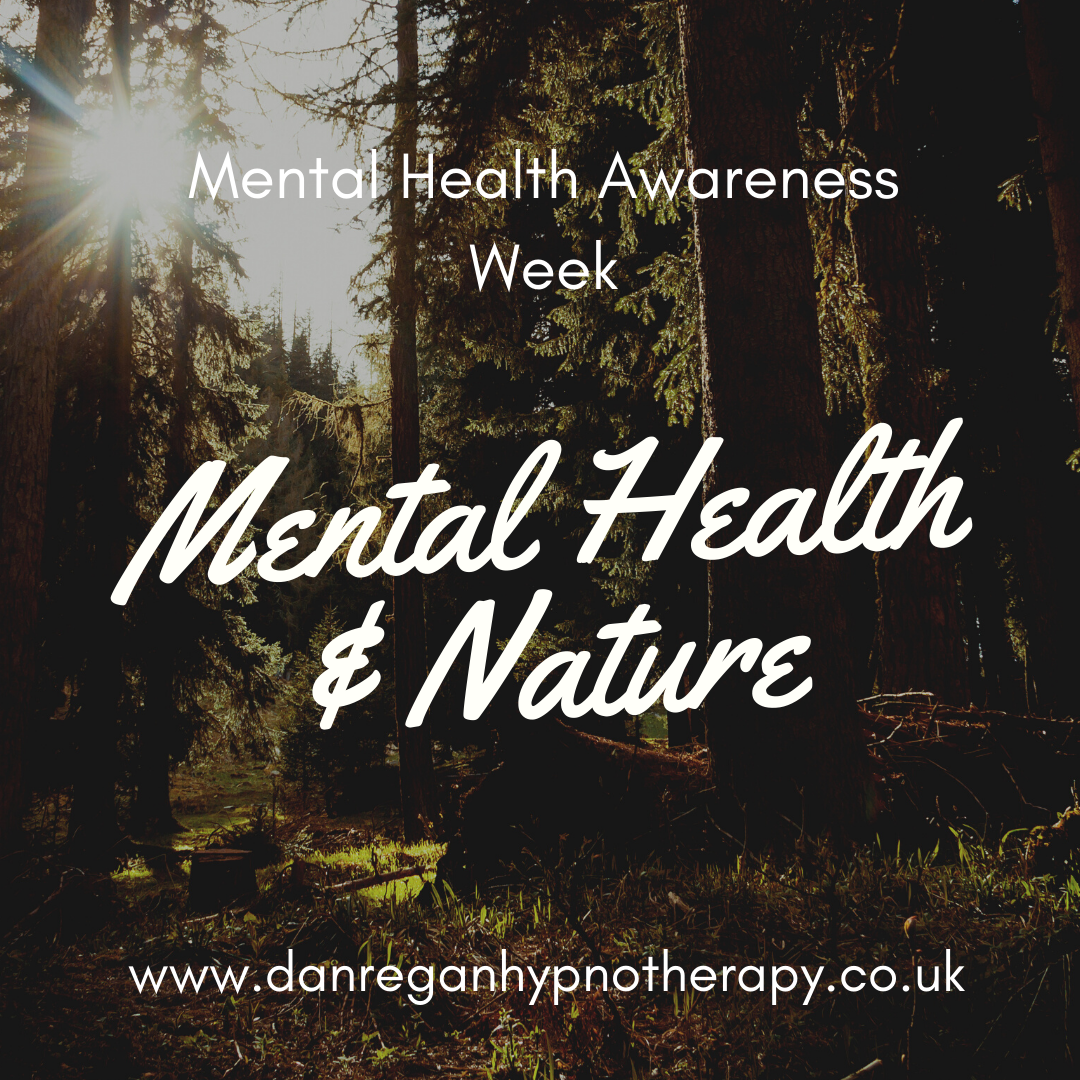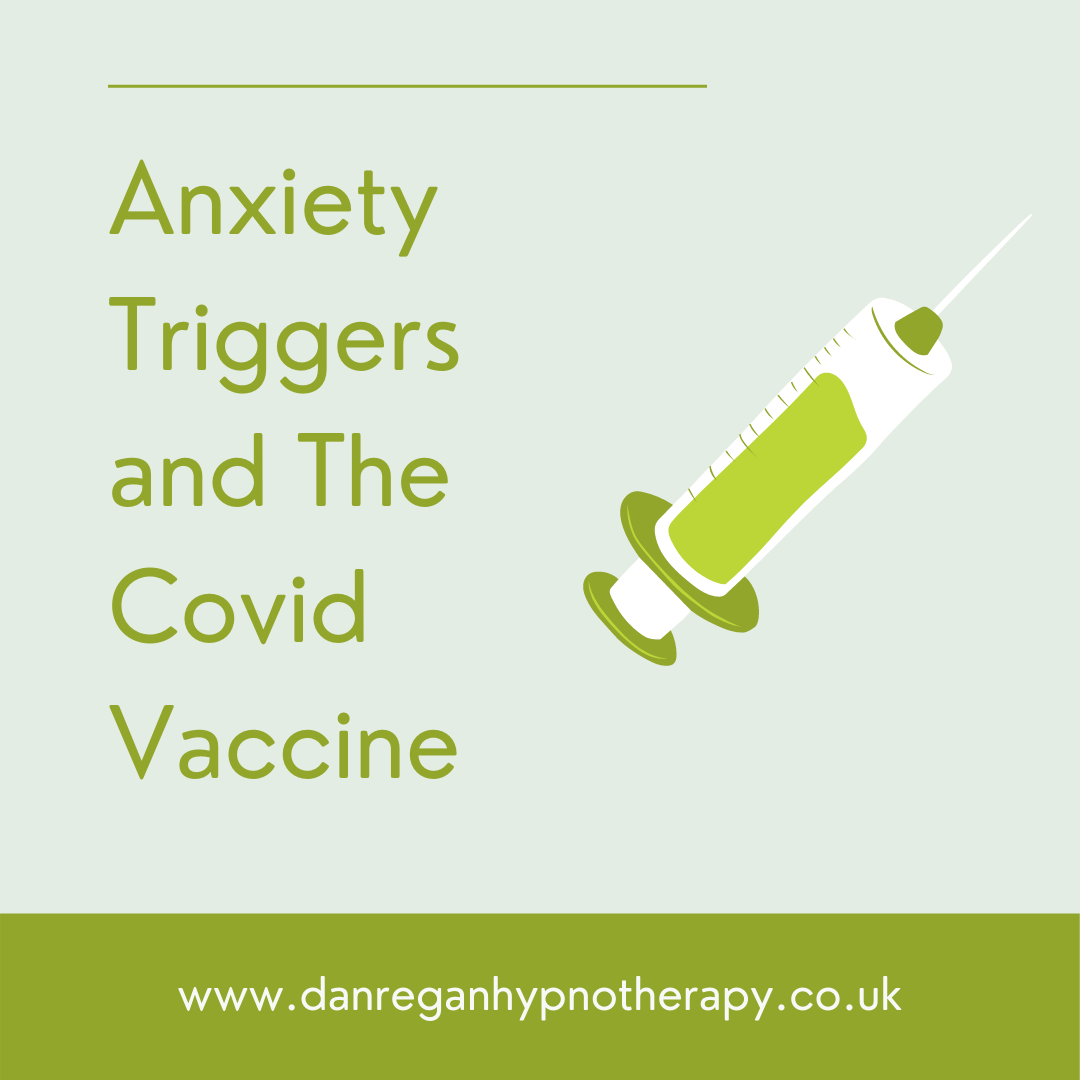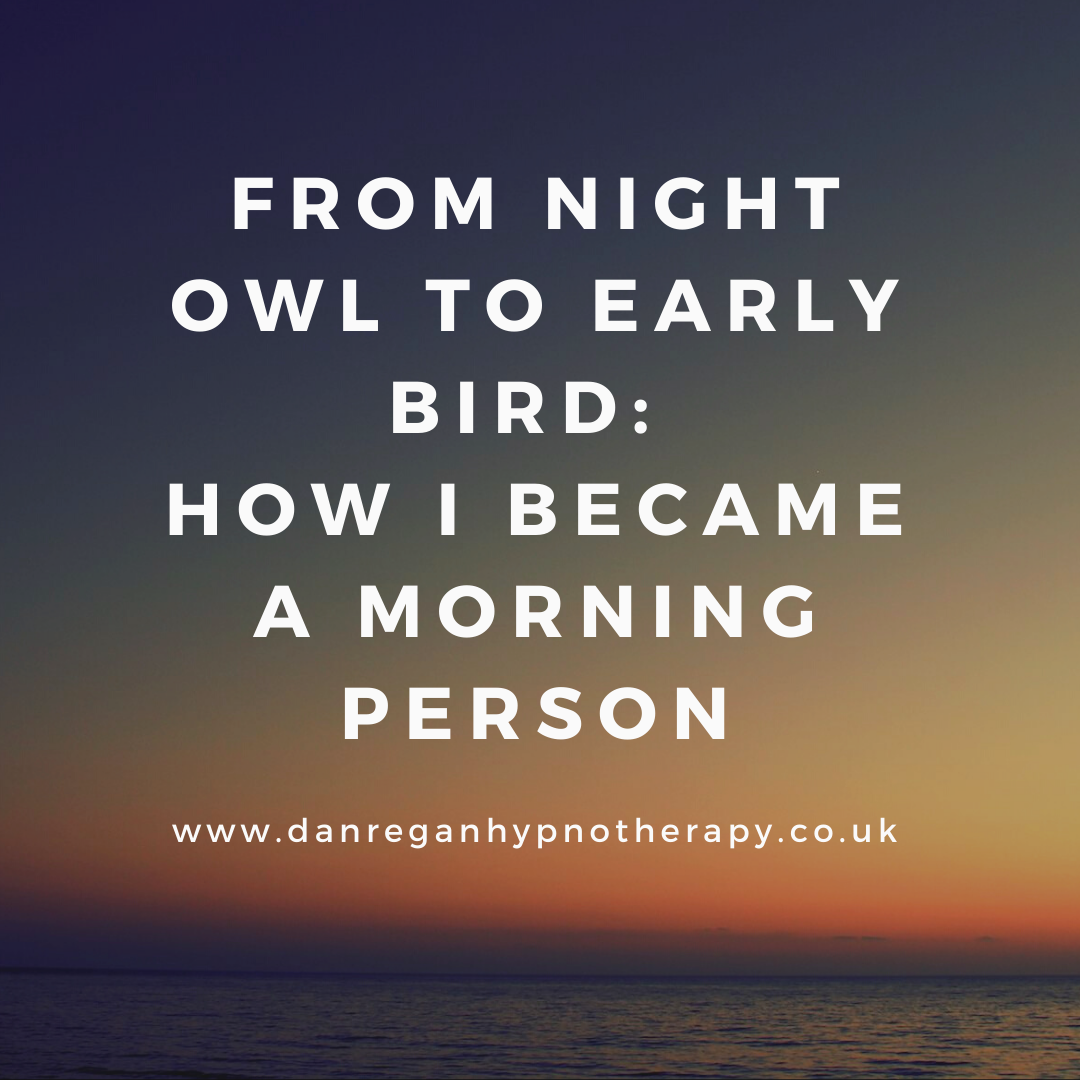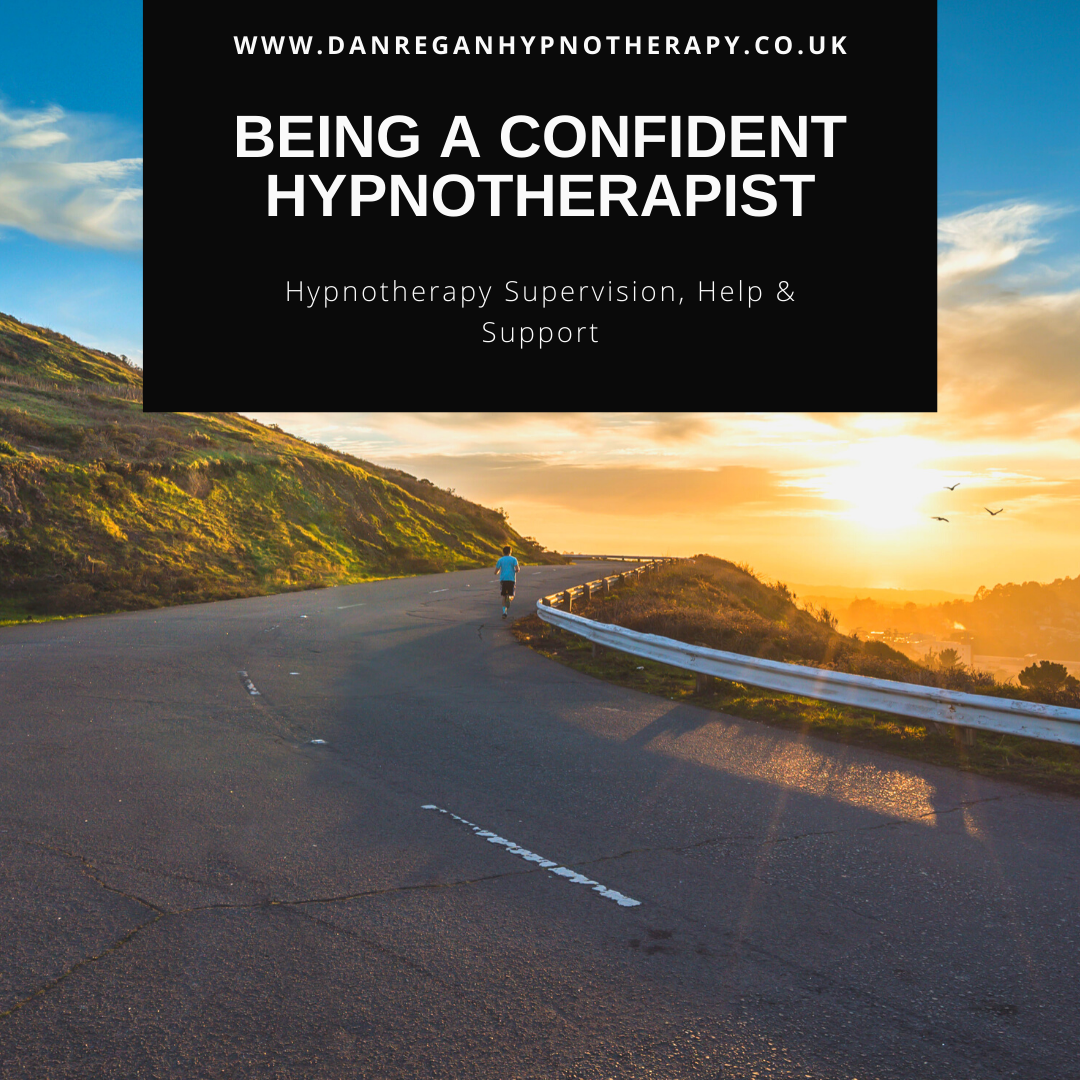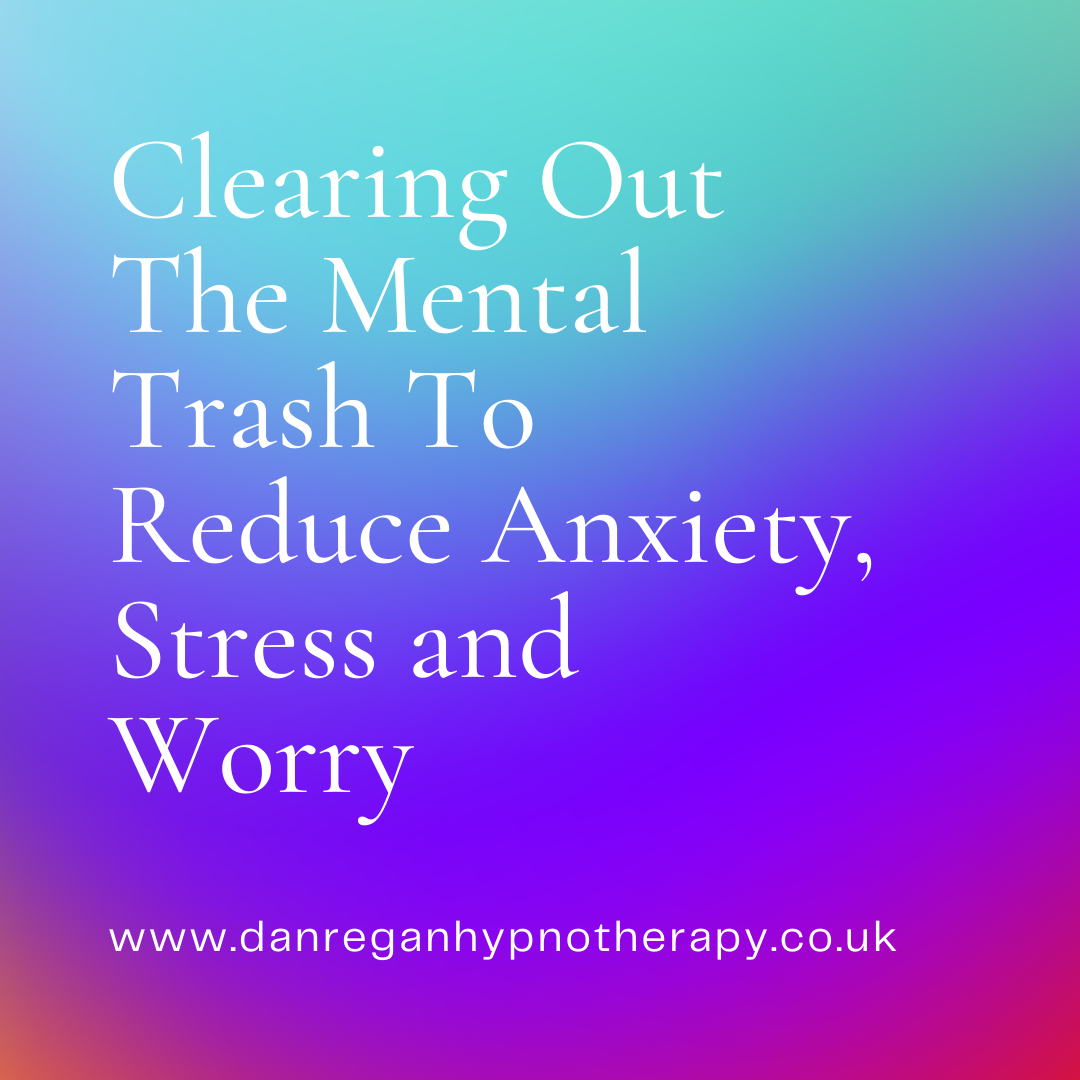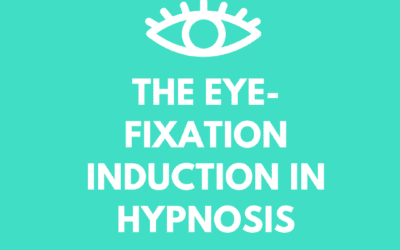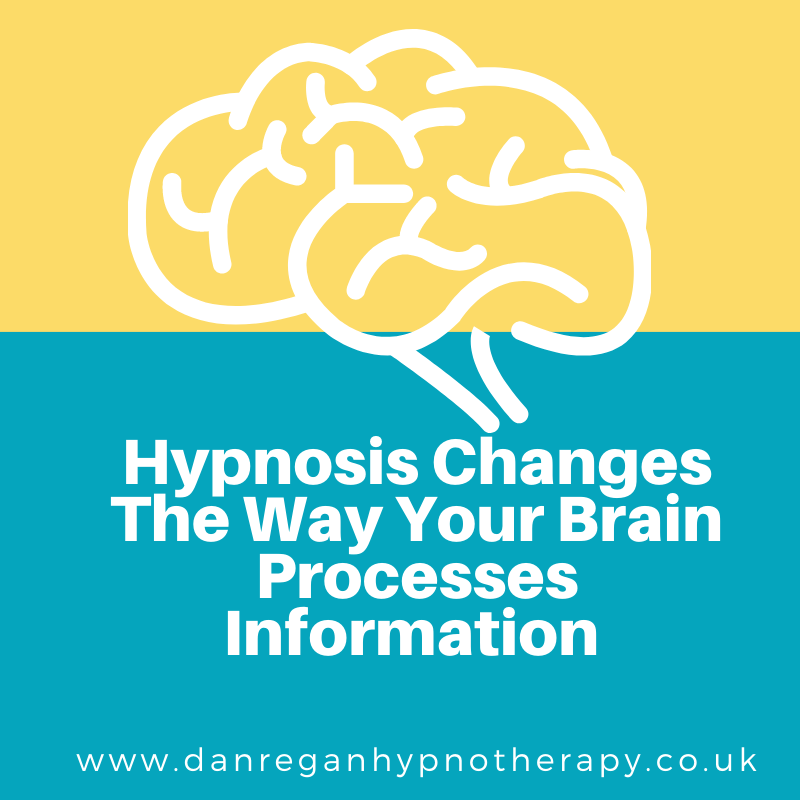Required
Mental Health Awareness Week – Mental Health and Nature
Mental Health Awareness Week – Mental Health and Nature
This week is Mental Health Awareness Week and the focus is all about noticing nature and making a habit of connecting to nature every day. Of course, every day of every year should be about helping and supporting everyone to promote their good mental health and well-being (along with their good physical health too), yet an awareness week helps to remind us all of the importance of self-care and looking after ourselves better.
Spending time in nature has a lot of research to support its benefits for your mental health. It can help you to reduce your anxiety and stress levels, and can help boost your mental health and well-being. I certainly find that running and walking in nature helps me to feel calmer, more positive and boosts my own sense of well-being (and exercise, such as walking or running, helps with mental health too).
In my opinion, few things beat finding a nice quiet place to enjoy and explore nature on a nice day. Getting away from the usual daily load at home and work, and switching off from screens, means you can just focus on the sights, smells and sounds of what is going on around you.

